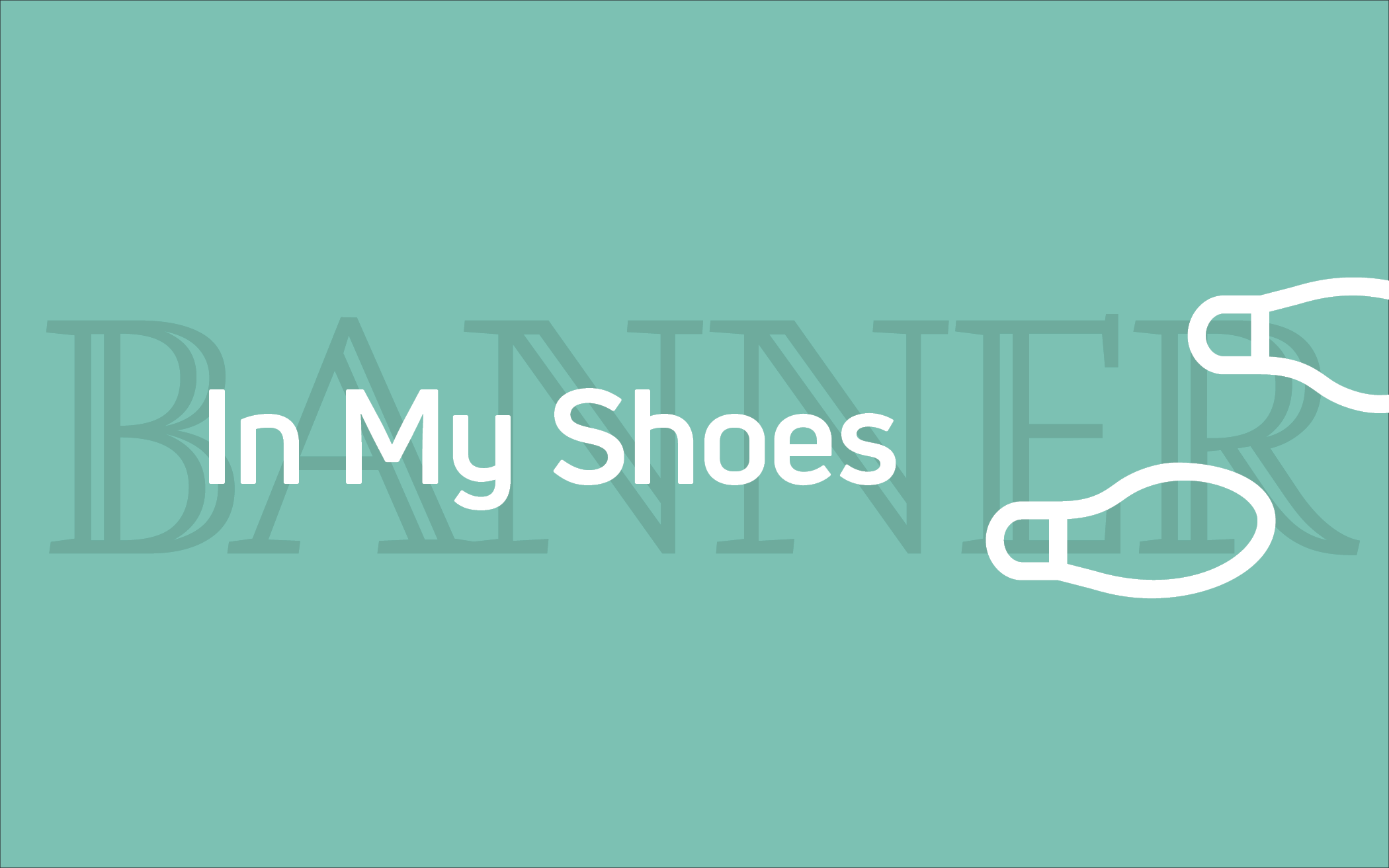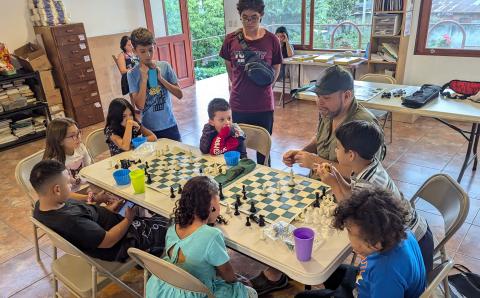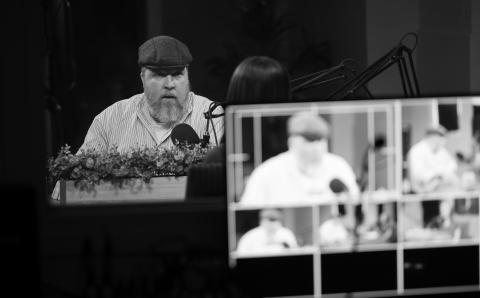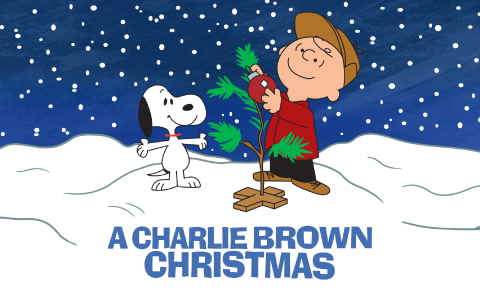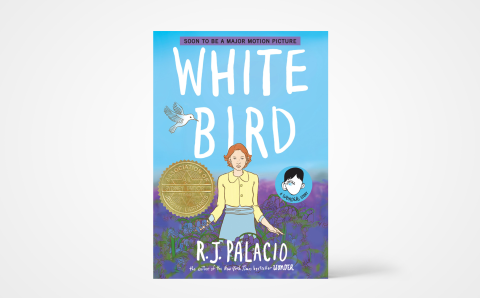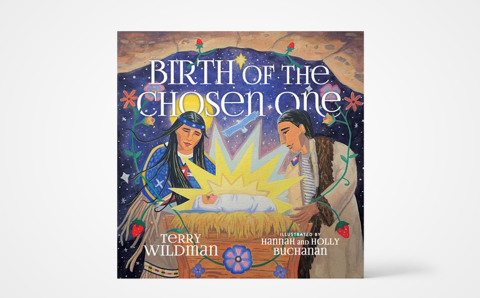“Where are you going to college?” As high school was ending, I remember the same question being on everybody’s lips. I heard it so often I rehearsed a bundle of canned answers. Sometimes I’d change these slightly depending on who was asking or how fast a given deadline was approaching. Throughout my time in college, I’ve learned that life sometimes goes in cycles, and that some seasons are full of more questions than others.
As I look toward my senior year, the universal question has become “What’s next?” People wonder if I’ll go to grad school, get a job, move across the world, or get married. I’ll probably end up choosing a few of those options, but I’m still not sure which. The uncertainty and life-altering potential in each choice is dizzying.
While I’m sure many young people feel overwhelmed when they arrive at this stage in life, my uncertainties carry an extra layer of complication. Since birth, I’ve lived with cerebral palsy, a disability that mainly affects my balance and coordination. Some of the biggest CP-related challenges for me include an impaired ability to drive, carry things, or walk long distances. Just before the beginning of “real” adult life, these obstacles loom larger than ever, but living with a disability has always colored my outlook.
For many years, conformity was an ever-present idol in my life. I focused on academics in part because it was an area of life where I could excel according to everybody else’s standards. With my academic life nearing its probable conclusion, I’ve increasingly had to reevaluate my idea of what makes up a worthwhile life. Thanks to the wisdom of several friends and scholars, I’m realizing the lies I often believe about independence and self-worth are beguiling for anyone.
While there are perhaps more question marks in my future than for other people my age, my Christian faith assures me of two foundational truths for the years ahead. First, my disabled body is more than a long list of “I can’ts,” and it is not simply an extra challenge to overcome. God created me (body included) to bear the imago Dei. That truth affirms me as beautiful, valuable, and worthy of celebration.
Second, there are ways in which my disabled body is limited. As I go into the next stage of life, many things able-bodied people do effortlessly will for me remain tantalizingly out of reach. No matter how much progress I make toward self-acceptance, these limits still will be painful. But what if I saw my embodied experience as a radical chance to trust a God whose “power is made perfect in weakness”? (2 Cor. 12:9) The Bible is full of people with disabilities whom God uses for God’s plans. Moses was scared to lead because of his speech impediment. Jacob walked with a limp after wrestling with God. Famously, Paul writes about a “thorn in (his) flesh” (2 Cor. 12:7), which some scholars believe refers to a disability. The stories of these heroes of the faith reassure me that God has a plan for my own life, too.
No person can be fully independent, and we all have weaknesses. Some of the weaknesses that come from my disability are obvious, and they deepen the uncertainties of my current stage in life. However, I’m learning to appreciate the opportunity those obvious weaknesses provide. As the answer to my “What’s next?” comes into sharper focus, I’m hopeful my disabled body shows me what it means to live a life dependent on the God who made it.
About the Author
Ethan Meyers, 21, is a senior at Calvin University and is editor of Chimes, Calvin’s student newspaper. He attends Madison Square Christian Reformed Church in Grand Rapids, Mich.

